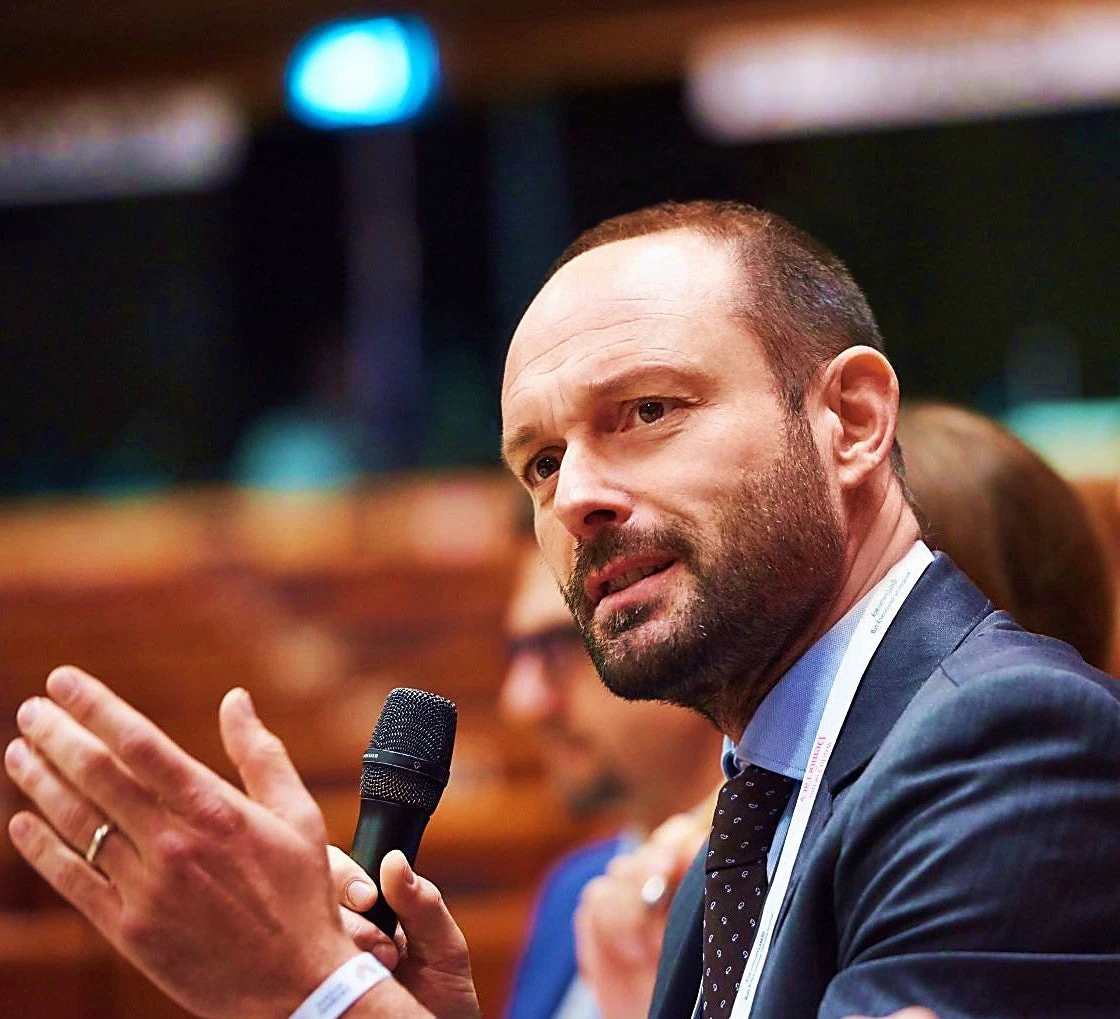Jim Hansen reckons that the ‘democratic process is not working’ towards a climate change solution. Speaking on the eve of joining a climate protest in the UK on March 18, Hansen said in The Guardian:
- “The first action that people should do is to use the democratic process. What is frustrating people, me included, is that democratic action affects elections but what we get then from political leaders is greenwash. […] The democratic process is supposed to be one person one vote, but it turns out that money is talking louder than the votes. So, I'm not surprised that people are getting frustrated. I think that peaceful demonstration is not out of order, because we're running out of time."
Does he have a point? Hansen’s argument is about the power of corporate lobbying. The idea is that vested interests potentially affected by technological, regulatory and pricing changes (such as traditional energy firms) can slow, impede, or derail government action on climate change. On the other hand, lacking specific incentives the general public falls pray to the logic of collective (in)action, and fails to organize. Moreover, if organized industrial interests engage in manipulating the message, the public can be misled.
All this has happened in the past and still happens. But the problems which democracies face in addressing climate change go beyond lobbying. For instance, Hansen’s point rests on the assumption that the general public favors strong climate action. This assumption is disputable. Public awareness may be high], but for most people, climate change remains one problem among many. In countries like the US and Australia, climate change has become an election topic capable of mobilizing many diverse constituencies, but once the costs of action become clear, it is very possible that public support for strong mitigation action will decrease.
Also, democracies can be notoriously shortsighted when dealing with long term issues: think of public debt, social security entitlements, the pension crisis. Policymakers’ tenures in democracies usually run on shorter time frames, and people tend to vote based on the priorities of the day..
But there’s a counter argument too. For a start, democracies guarantee different forms of voice: if Hansen lacks faith in the electoral process, at least he can protest. Often, that option is not available in non-democracies. Democratic politics also guarantees an element of accountability – the current financial crisis shows that if things go majorly wrong, somebody will pay. And democratic politics usually has lower ‘entry costs’, allowing for champions of climate policy to enter the political game.
Political strategies to encourage climate action should start from this last consideration. Policy needs to allow interests to crystallize around the idea of a low-carbon economy. In subsidizing renewables, Germany created powerful constituencies for changing its energy mix. European firms’ backing of the ETS would have been milder without the grandfathering of emissions rights during the first allocation round. To encourage energy efficiency, utilities need to be allowed to profit on the energy they save, rather than on the amount they supply. If organized vested interests cannot be ignored, they can at least be managed.
So is Hansen right? Yes, but only up to a point. True, corporate lobbying has so far slowed climate action. But corporate lobbying will also be key to speed it up.


Join the Conversation